The power of the network
David Jones, Member Organiser in Nottingham shares how he is building the leadership capacity of the local. network
Read full story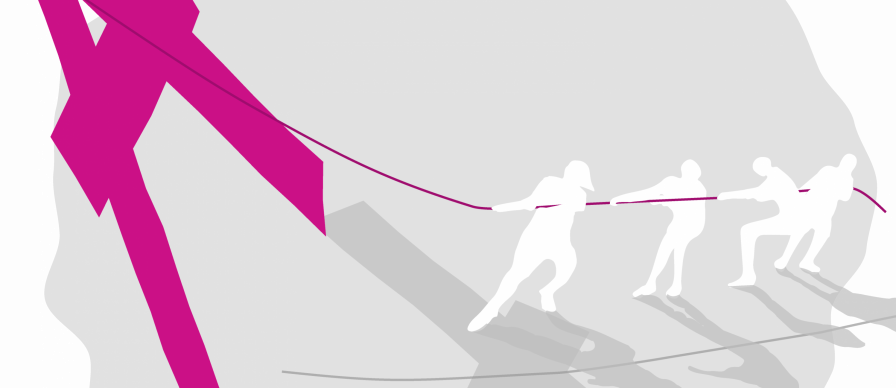
Social Action Hubs are grassroots organisations that are committed to building community power through community organising. To find out more about social action hubs and join the growing network click the link below
Find Out MoreOur community organising framework underpins and guides all of our training and the work of our organisation. It provides a map of the process that starts with listening and it always aims to build power through action. It doesn't always follow a neat order and may involve repeating steps, but it reminds us of the journey required to achieve change for good.
Scroll to explore
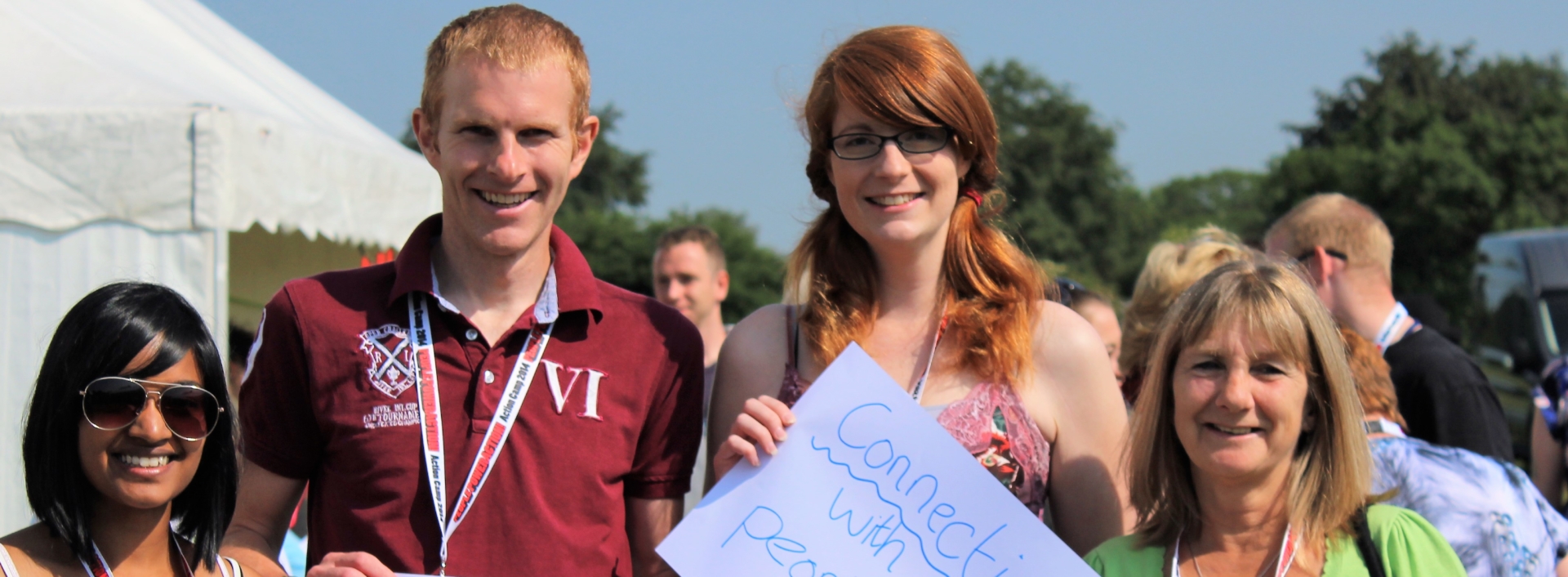
It’s often hard to know where to start when you want to get people to join you in action. But we always start the same way. With listening. You may have a clear idea about what’s wrong and what needs to change, but do others see things the same way? Community organising always starts with face-to-face conversations. The conversations aren’t just chats, they are about really listening to what people feel and think.
We may start with our friends, our families, our neighbours, our members, the people we work with or for. But then we need to go beyond the people we know. We reach out to people we never meet or talk to, through knocking on their doors, standing at school gates, going into community centres, visiting mosques and churches and working men’s clubs. We don’t believe anyone is hard to reach. We just need to go to where people are. We believe that everyone has something to offer.
The future of every community lies in capturing the passion, imagination, and resources of its people.
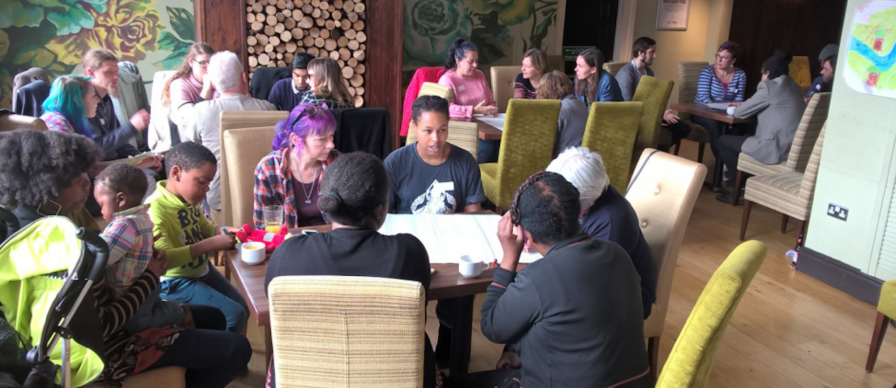
David Jones, Member Organiser in Nottingham shares how he is building the leadership capacity of the local. network
Read full story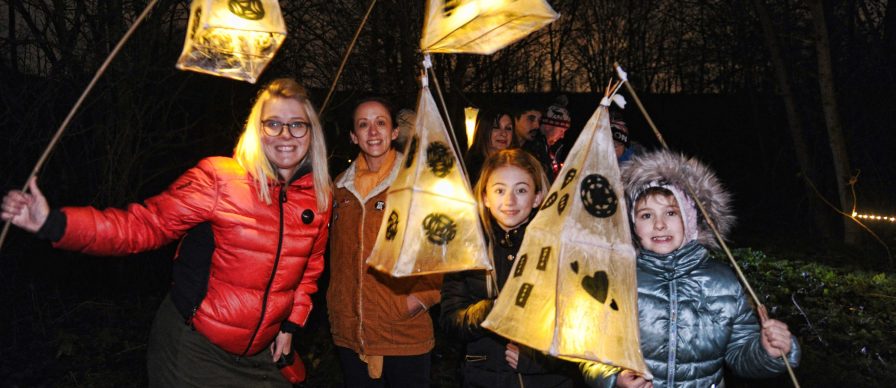
A lantern walk was held at Green Hill, Rotherham to raise awareness to the problems facing the area.
Read full story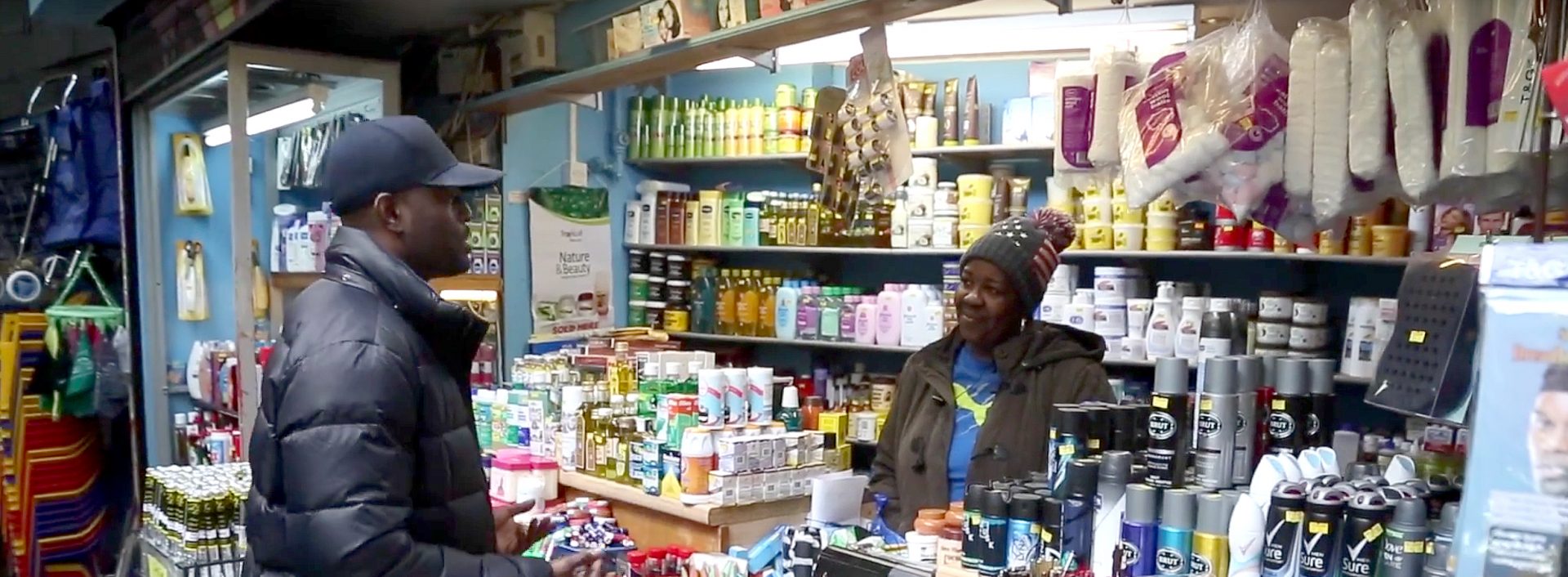
We listen for three things. What do people really care about? What do people want to do about it? And are they someone who is prepared to take the lead? When we listen we make a connection and we start to build a community. We find the people in our community who can lead us to others, unlock doors and help us gain trust. And through listening we build trust.
Listening is not consultation, but it does give us valuable insight into our community. We find out about what is really going on beneath the surface. We hear powerful stories of people’s lives. We find out what people love about where they live and what they are angry about. We uncover real problems that need addressing and explore the possibilities for change. We find leaders and we challenge people to act.
I believe we can change the world if we start listening to one another again. Simple, honest, human conversation.
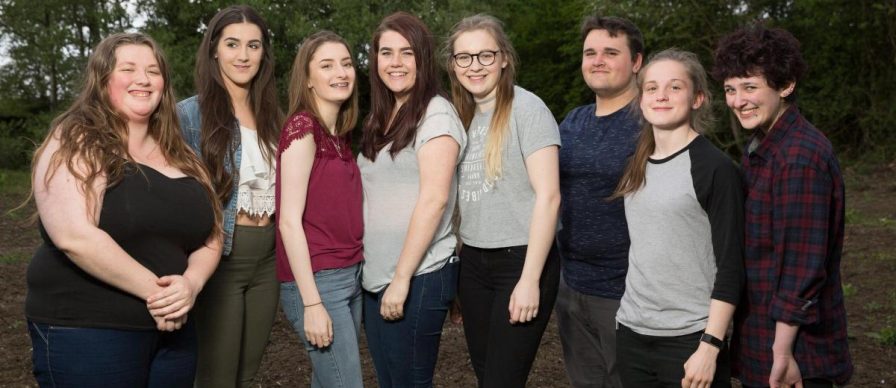
Young people are trained to listen to others around health and wellbeing
Read full story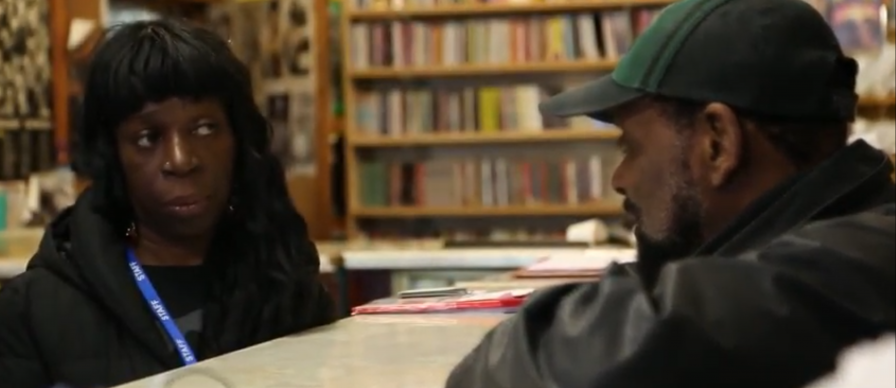
‘Learning Journey’ for Brixton community organisers who listened to 200 people in three days
Read full story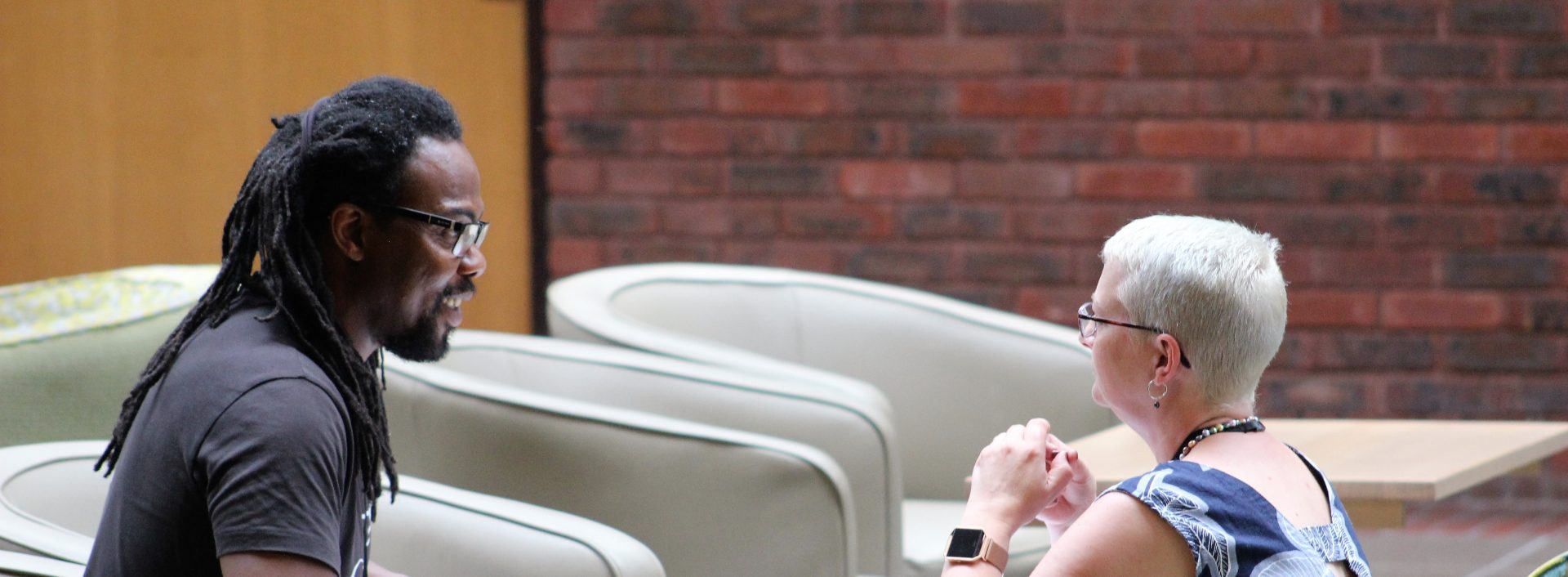
As we listen we start to connect people together. We want people to start to listen to each other and so we create opportunities for that to happen. We invite people to meet up in small groups to talk about the things that matter to them. We ask them to tell their stories.
When people start to connect in this way they begin to come up with their own ideas for change. We don’t just work with small groups though. We start to link up the groups and to bring them together, breaking down barriers and building bridges. We help people to have good conversations in which everyone has a chance to speak, to tell their stories and to put forward their ideas. We can’t agree on everything. So, we look for what we can agree on and what we can work on together to create change for good.
Stories are the common ground that allow people to connect, despite all our defences and all our differences.
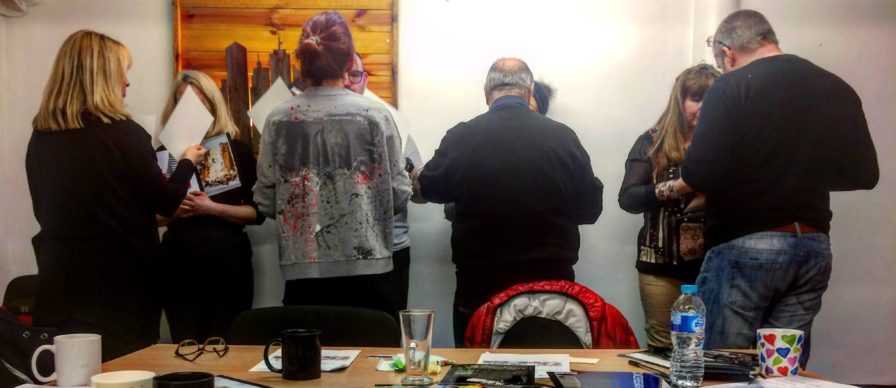
Community organiser Eve works with the Spider Project to train those in recovery from alcohol addiction in community organising.
Read full story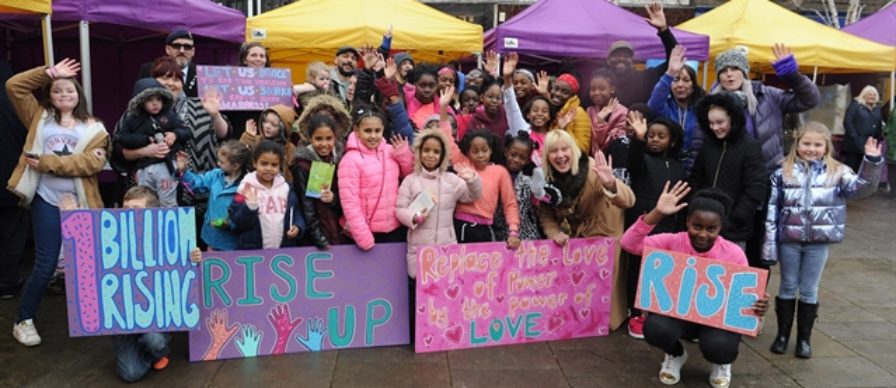
Read full story
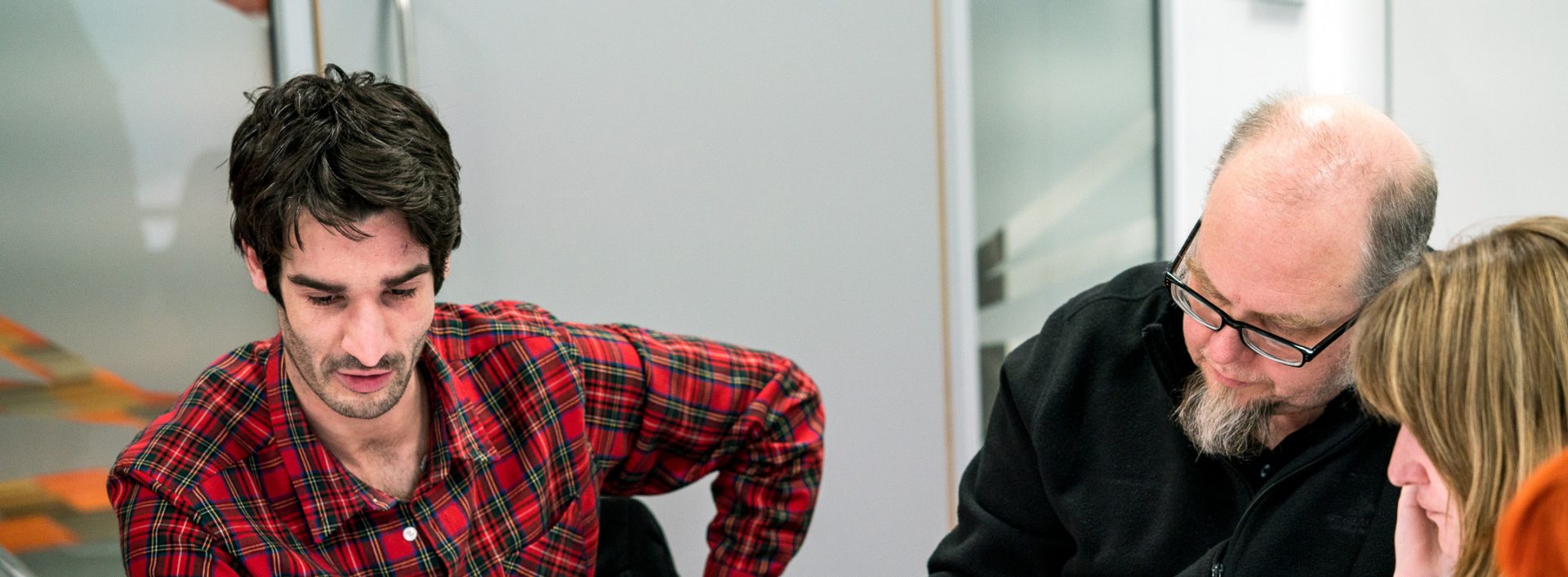
To really make change takes persistence and power. We as ‘ordinary people’ do not have a lot of money or political power, but what we have is our people power. If enough people come together we can change anything, but we need to be organised and to work together well.
We believe in democracy and in sharing power and that means we work together in ways that are democratic and cooperative. We keep listening and reaching out and connecting with people until we have enough power to make a change. We call this ‘building our base’. When our member base is strong we can really push for change through the power of numbers. We can get things done ourselves that need doing.
... to reverse today’s inequality requires a robust embrace of unions—but of unions that are democratic, focused on bottom-up rather than top-down strategies, and place the primary agency for change in workers acting collectively at work and in the communities in which they reside.
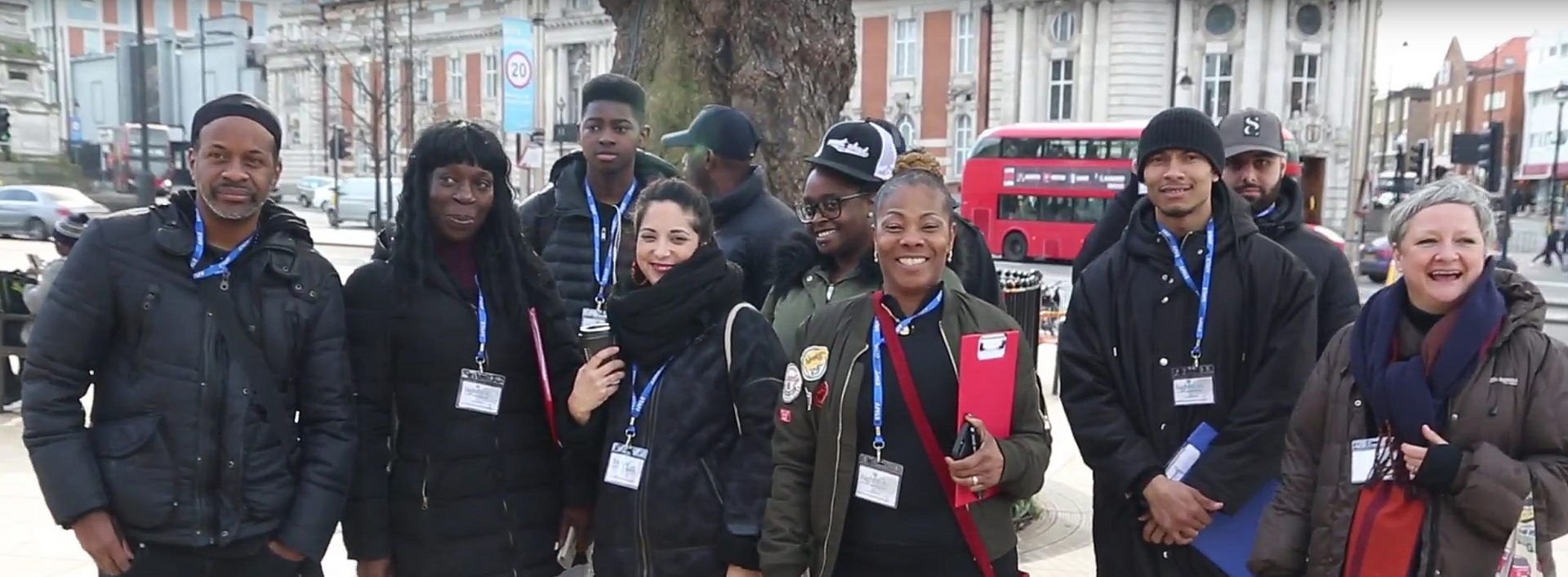
At the root of community organising is a deep understanding of power. We are in the business of building power. Power is the ability to act. Community organising provides the means to act for individuals and communities who feel powerless. We are learning what it means to be powerful together. To act in solidarity with each other. This is the way that inequality and injustice has always been overcome. This is the way change happens. This is the way democracy works.
Together we will be heard. Together we will be powerful. Together we will make things happen. Together we will have a better tomorrow.
I propose that there is another kind of power based not on resources, things, or attributes, but rooted in the social and cooperative relations in which people are enmeshed by virtue of group life.
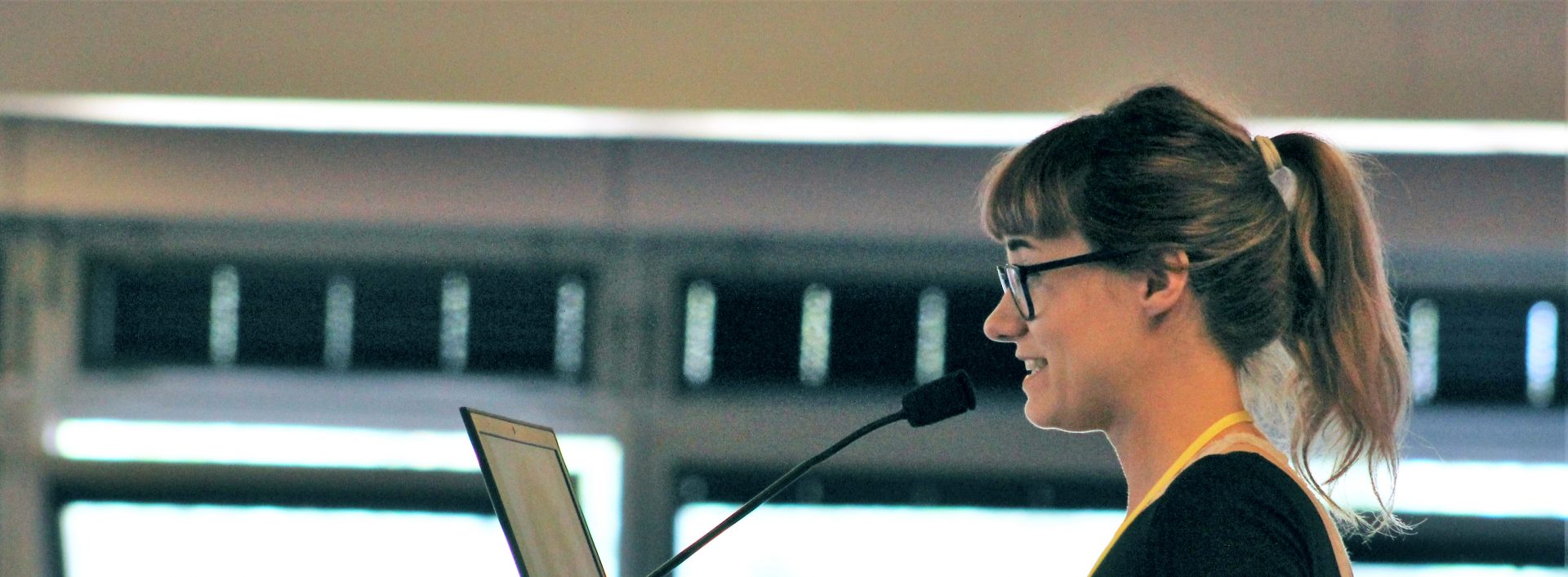
In community organising we believe in sharing power. We don’t rely on a few strong individuals to lead. We want to give everyone a chance to be a leader. We look for the people that get things done in our communities, that have ideas, that other people look up to. We take time to train and develop people so they can take on different tasks and roles.
Shared leadership places less burden on a few individuals. It is more democratic and it helps us grow our organisation without there being a big gap between leaders and followers. So, we always build a leadership team who work with the community organisers to make plans, to stay in touch with members and to lead action.
I have always thought that what is needed is the development of people who are interested not in being leaders as much as in developing leadership in others.
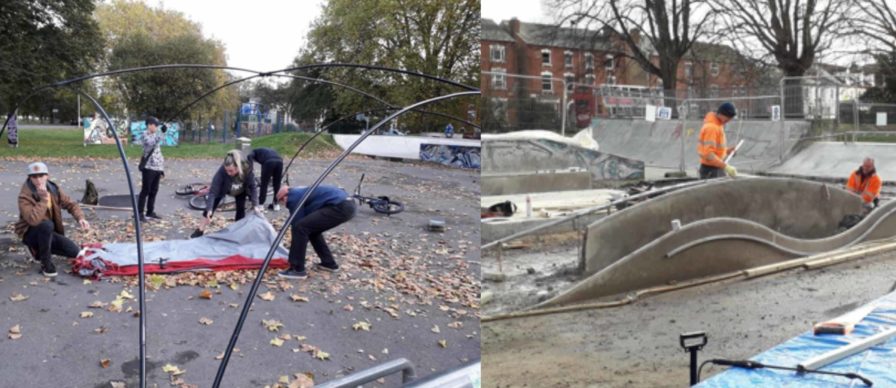
How two young men made a substantial change in their local area!
Read full story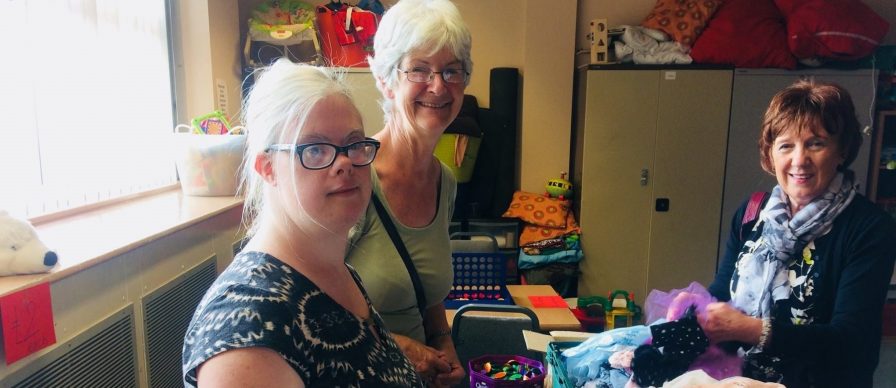
Wirral Mencap community organisers “blow perceptions out of the water” with family fun day
Read full storyTo provoke change we need to understand what stands in the way. We need to see where the power lies to prevent or help make a change. This may be political power, or it might be individual behaviour or it might be the power of money. We take the time to research the problem or injustice we want to tackle.
We learn about who stands to gain and who stands to lose from the change we want. We find our allies and we identify who we need to campaign against or whose decisions we need to influence. Or we work out what we can do ourselves to make a change and where we can get the resources we need to build something better. Often the skills and knowledge already lie within our own community just waiting to be unlocked. Often people are just waiting to be asked.
People cannot be free unless they are willing to sacrifice some of their interests to guarantee the freedom of others. The price of democracy is the ongoing pursuit of the common good by all of the people.
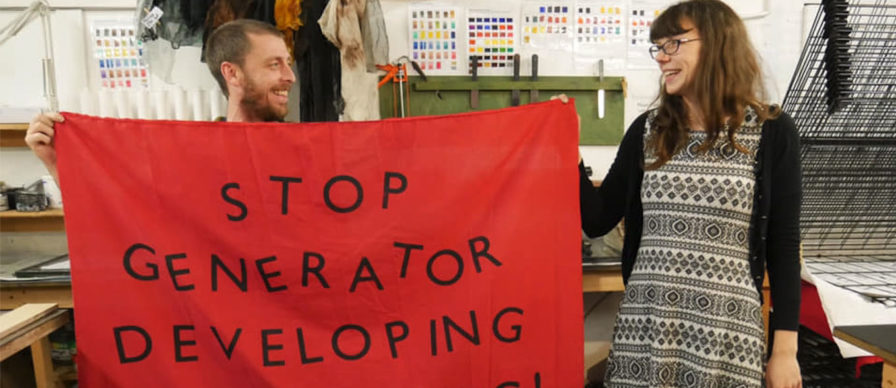
“Community organising training helped us in taking action.”
Read full story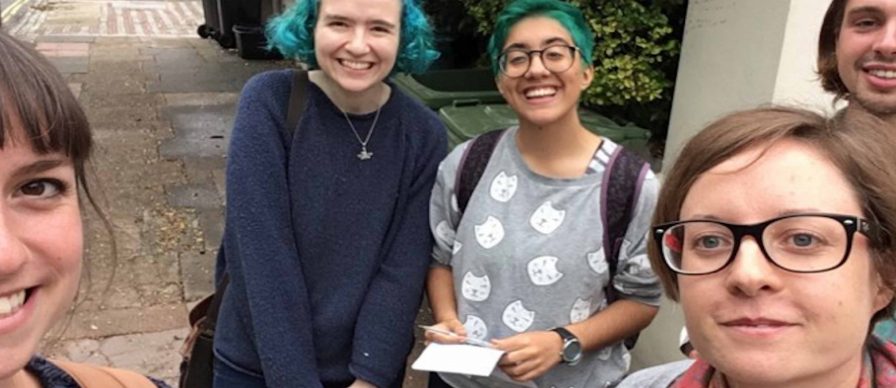
Community organisers challenge the housing crisis with Brighton's first student housing co-op
Read full story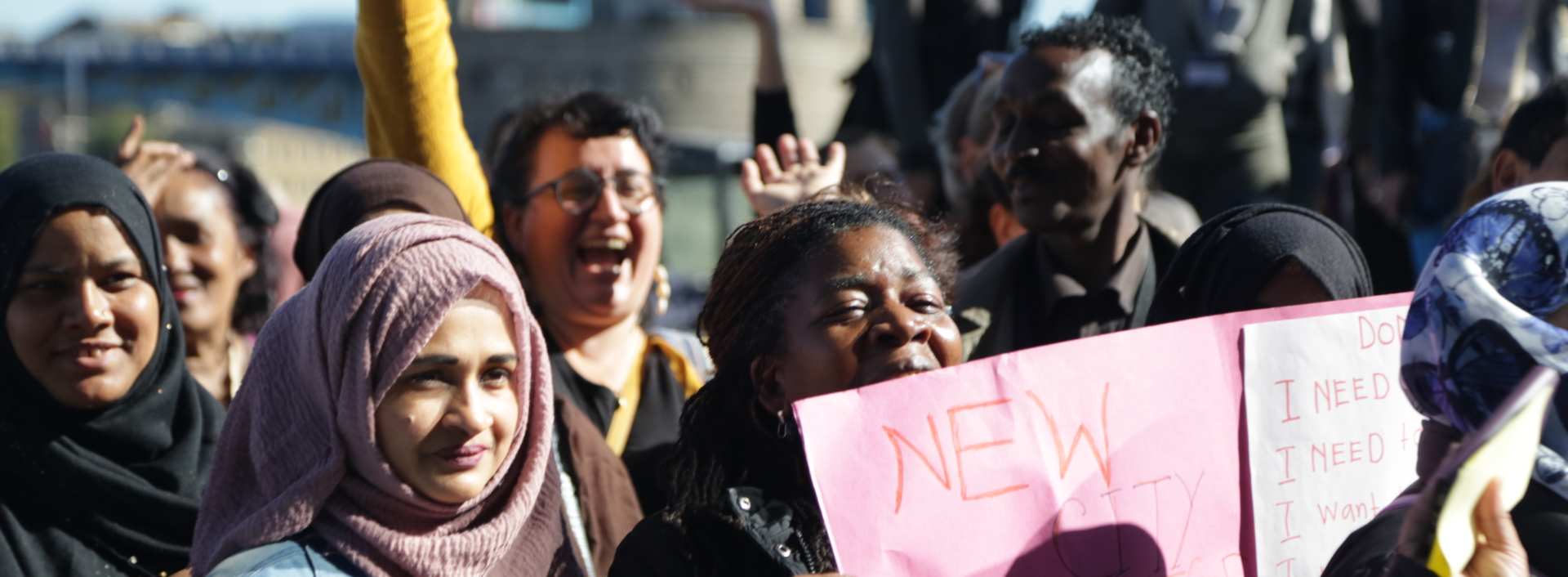
To create change takes action. We will need to use the people power we have built to make action successful. We will need our leaders to encourage and call on their members to stand up for what they believe in. We will need our community to come together and to take some risks.
Actions may be small, or they may be really ambitious. We might start to clean up our street together. We might hold our politicians to account for a decision they made. We might use our rights to take control of a building for our community. We might mobilise our strength in numbers to end an unjust business practice. We might take over a service from the council because we know we can run it better ourselves. Whatever we do we will learn from what happened – success or failure – and do better next time.
Help them to understand, analyse, plan and carry out. But do not do it for them. They have a right to reject expert advice and to make mistakes. Development comes from within people’s own understanding of their needs and rights. So, they must decide the major issues and the basic needs and how to tackle them.
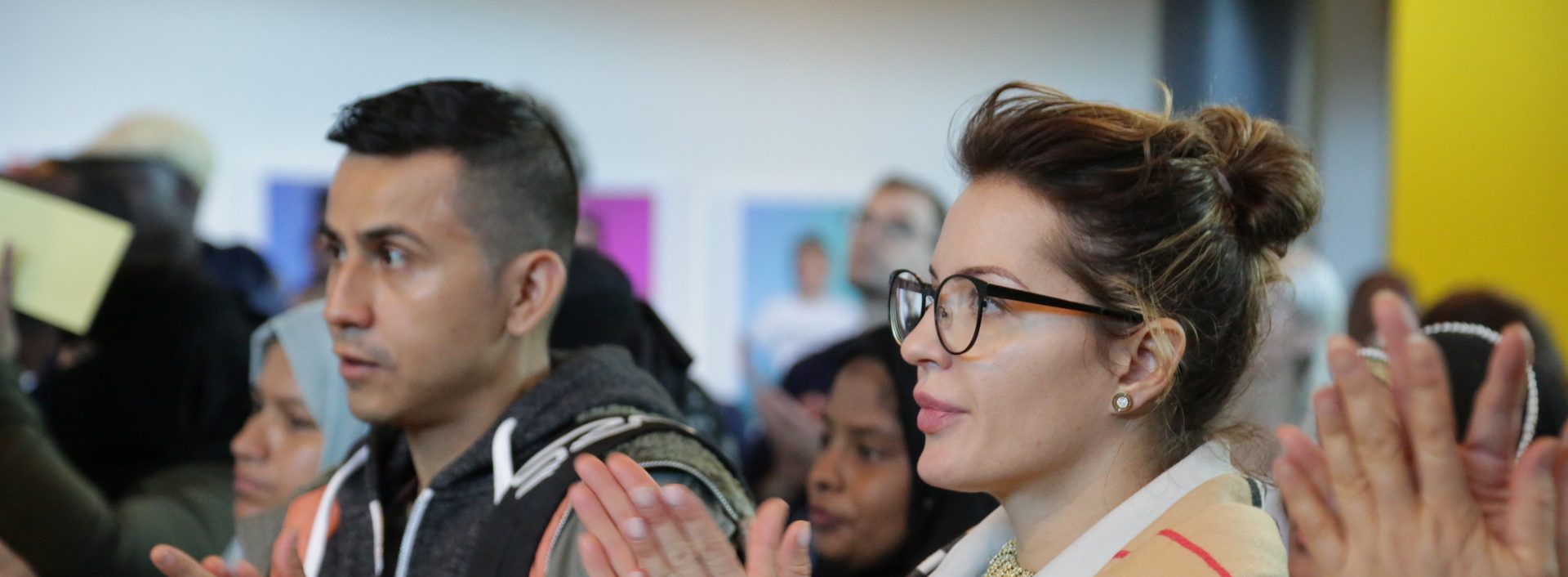
The goals of our community organising are justice, democracy and compassionate community. We are trying to change systems and hearts and minds. This often takes a long time. Think about how long it took to overcome apartheid, to gain the vote for all adults or to gain civil rights in the USA. Think about how long it took to make drink-driving unacceptable and to bring about gay rights.
We often have to settle for less than we want. We often have to aim for short-term wins on the road to a real and lasting change in power and justice for our communities. In community organising we need to celebrate our achievements and take care of ourselves and our members. Community organising is tiring and we have to avoid burnout. This is why we keep training new organisers and leaders. This is why it is vital to be part of a movement and care for each other.
In a bid for change, we have to take off our coats, be prepared to lose our comfort and security, our jobs and positions of prestige ... a struggle without casualties is no struggle.
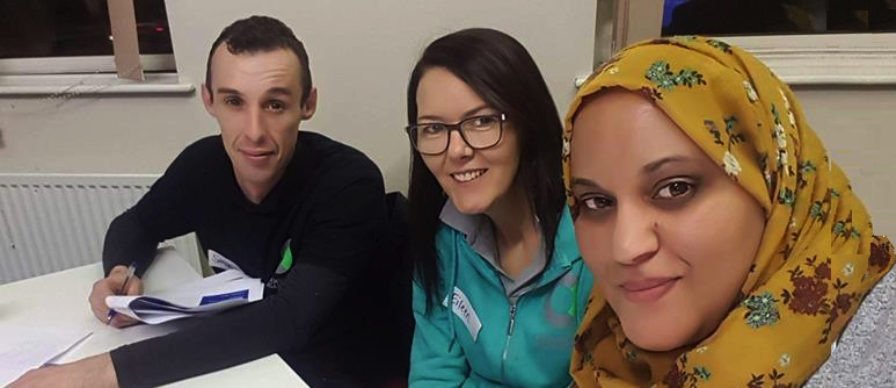
“As a community organiser, you become empowered by the people that you empower.”
Read full story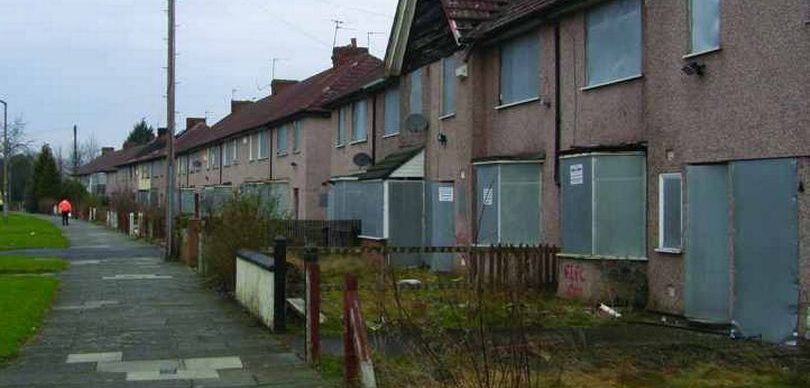
Community organiser supports a huge group of people trying to save their neighbourhood
Read full story